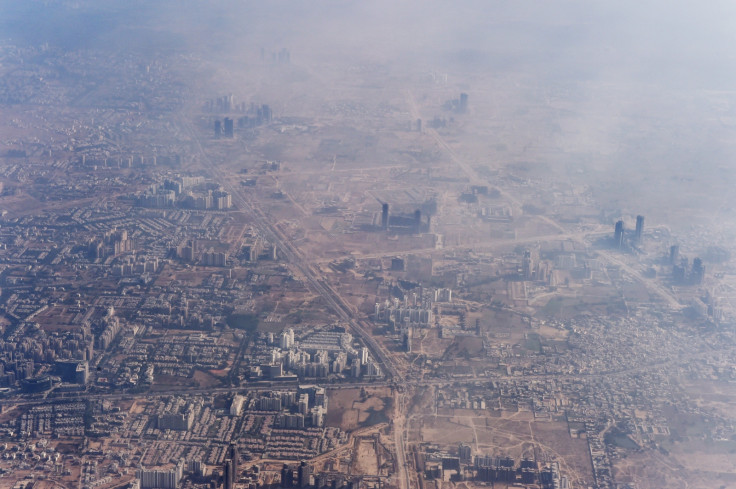India: Delhi to have world's largest number of premature deaths caused by air pollution

Delhi is due to have the world's largest number of premature deaths due to air pollution by the year 2025. Research has revealed that air pollution in India's capital will have killed nearly 32,000 people within the next ten years, with Kolkata taking the lead for premature deaths due to air pollution by 2050.
The report – published by the Max Planck Institute for Chemistry in Mainz – indicated that Kolkata's premature deaths will spike between 2025 and 2050, causing it to overtake Delhi. In 2050 it is predicted that Kolkatawill record 54,800 deaths, while Delhi will record 52,000 deaths. Mumbai is due to record 33,1000 deaths in 2050.
"Our study shows that the highest growth rates of outdoor air pollution worldwide are expected in India," Johannes Lelieveld, director at the Max Planck Institute for Chemistry told the Times of India. "It will be important to implement policies to prevent such a scenario becoming a reality."
In 2014 the World Health Organisation (WHO) named Delhi as the most polluted city in the world. According to a recent report the number of deaths due to air pollution in Delhi rose steeply between 1998 and 2002. In 2003 the rate declined, remained constant for a few years, and is now on the rise again. The report published by the Max Planck Institute for Chemistry in Mainz was studying the effects of air pollution on city dwellers.
The report's author, Bhola Ram Gurjar, said: "The steep decline in 2003 could be attributable to the fact that that was the year in which the city authorities converted all of their public transport service buses from diesel to run on compressed natural gas. Since then, however, the steep growth in the overall number of vehicles has cancelled out this improvement."
In February research revealed that 99.5% of India's 1.2 billion people are breathing in air polluted above the levels determined safe by WHO and in July statistics revealed that air pollution kills around 80 people every day in the capital. Lelieveld said that residential energy use is India's leading source of harmful air pollution, a form of energy used by those residing in urban as well as rural areas.
"It is an inefficient form of biofuel combustion that causes a lot of smoke and is the foremost source of premature mortality by both indoor and outdoor air pollution in India," he explained. "Other forms of energy use with low-quality fuels should receive attention. One option is to provide improved quality cook stoves, which will help reduce indoor and outdoor air pollution."
© Copyright IBTimes 2025. All rights reserved.






















